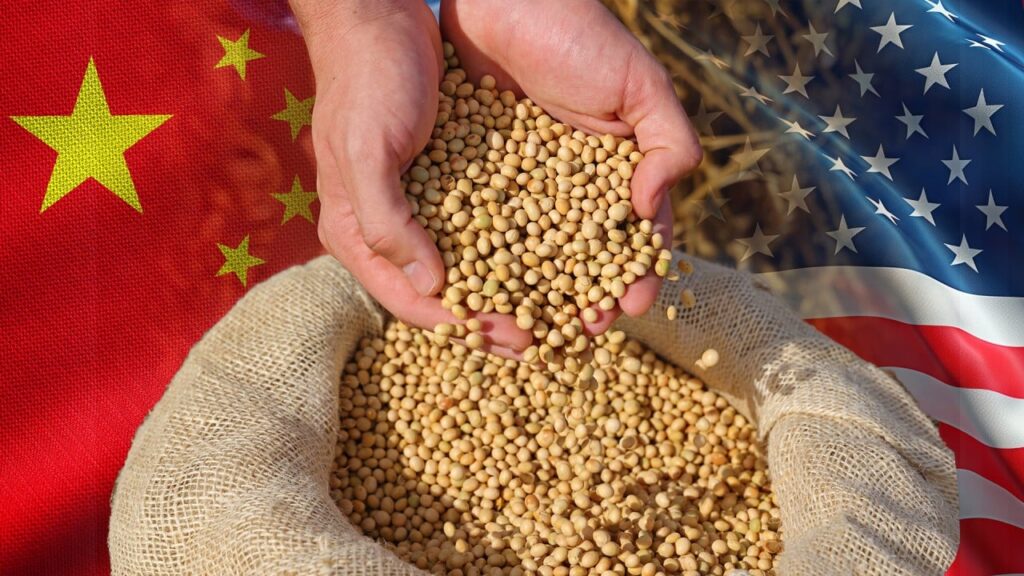China has bought U.S. soybeans again, signaling a possible improvement in trade relations and a reduction in barriers between the two nations. The purchases come after months of tension over tariffs and trade policies, offering hope for smoother economic ties.
Analysts say the deal reflects growing cooperation and a willingness to engage in practical economic exchanges. U.S. soybean farmers may benefit from renewed demand, while China secures a reliable source of agricultural imports. The move could also help stabilize commodity markets that were affected by past trade disputes.
Trade experts highlight that these purchases may be an early indication of broader negotiations or adjustments in bilateral trade policies. Both countries have an interest in maintaining a steady flow of goods, which supports farmers, exporters, and the broader economy.
The renewed soybean trade comes at a time when global markets are watching closely. Predictable trade flows between China and the U.S. are critical for supply chains, pricing stability, and long-term agricultural planning. Economists view these transactions as a positive step toward reducing uncertainty for businesses and consumers.
U.S. lawmakers and industry leaders have welcomed the development. They note that trade agreements and consistent purchasing practices help support domestic jobs, rural economies, and economic growth. Renewed soybean imports are a tangible benefit of easing tensions and building more reliable trade relationships.
Observers also say the purchases could pave the way for additional agreements. If both countries continue to engage cooperatively, future deals may expand to other commodities and sectors, enhancing bilateral trade and economic stability.
In summary, China’s recent purchases of U.S. soybeans are a positive sign for trade relations. They suggest reduced barriers, renewed cooperation, and practical economic benefits for farmers and markets alike. The move highlights the potential for stronger ties and a more stable trading environment between the two countries.


